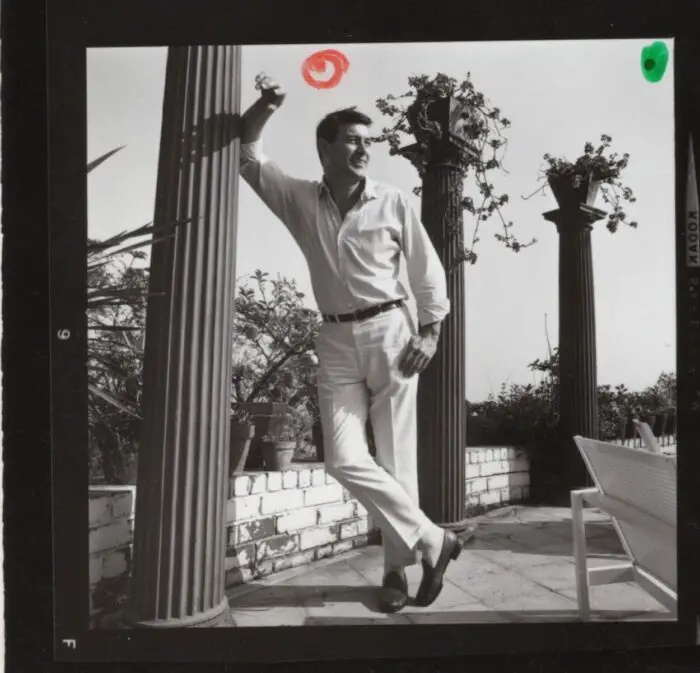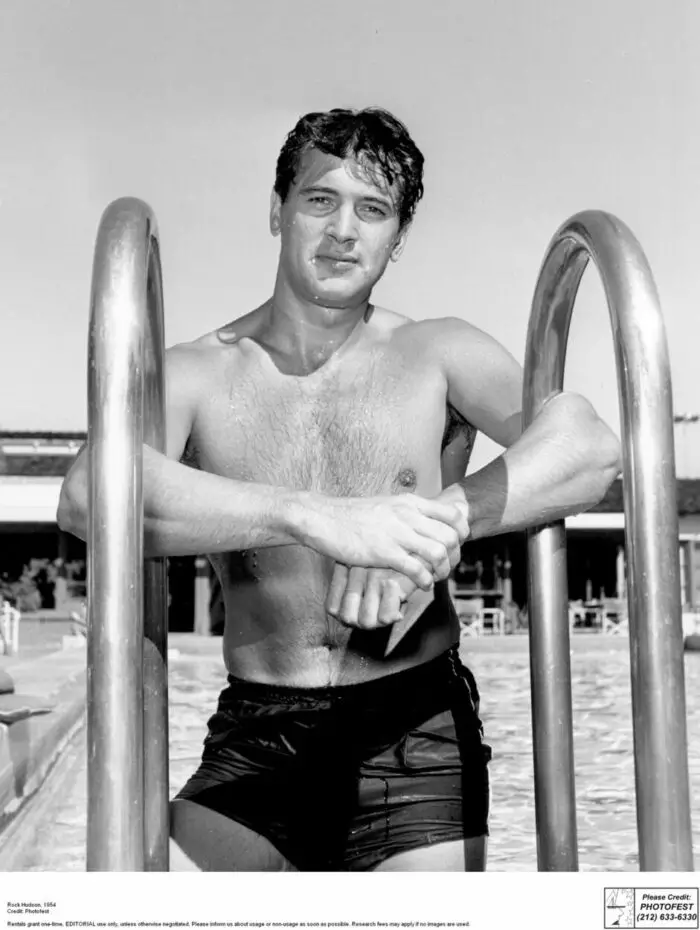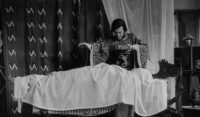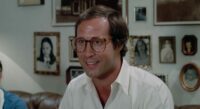It was just about the time when I became interested in cinema studies that the world learned of Rock Hudson’s tragic AIDS diagnosis. I had come of age as a filmgoer in the 1970s, a little too late to know his films except in the occasional retrospective or guest cameo not to be taken at all seriously. His Hollywood stardom was well past and when he appeared on the big screen it was only in schlock like Avalanche or Eskimo. He was, as far as I and most of my generation knew, a former star enjoying some easy bank in middling TV fare like McMillan & Wife, an actor who had once been Hollywood’s hottest and handsomest.
This, of course, was before his 1950s films, especially the richly ironic, cleverly subversive, and sublimely intense Douglas Sirk-directed Universal melodramas, underwent their critical re-estimation and before the world at large knew the secret that was open to many Hollywood insiders: that the strapping, genial once-married romantic lead was secretly gay, a revelation that still came as a shock decades after his fame had waned.

For decades, Hollywood insiders helped keep his secret, but a single chaste screen kiss ultimately broke the story. In 1984, when a surprisingly gaunt, pale Hudson was cast as a former lover of Linda Evans’ Krystle Carrington on ABC’s hit nighttime soap Dynasty, viewers (myself included!) were surprised by his appearance. Rumors spread: not long after his run on the series concluded, Hudson’s publicist confirmed the star’s AIDS diagnosis, and five days later, Hudson died of complications from the disease. In an era of moral panic about the disease, Dynasty viewers wondered if he had put his co-star at risk when they clinched and kissed. It was one question among dozens that exploded as rumors of Hudson’s homosexuality—and much of Hollywood’s knowledge of it—were confirmed.
That episode alone would make for a satisfying feature-length documentary, crystallizing several of the key threads of Hudson’s remarkable, accomplished, and long (if yet too-short) career. And it is satisfyingly and thoroughly addressed in the new HBO Original documentary film Rock Hudson: All That Heaven Allowed, directed by Stephen Kijak and debuting Wednesday, June 28 on HBO and the streaming service Max, its release scheduled to coincide with LGBTQ Pride Month and premiering at the 2023 Tribeca Film Festival. What is a little less satisfactorily addressed, in a documentary that takes the “All That” (twisting the title of perhaps his very best film—1955’s All That Heaven Allows—to past tense) quite seriously, is the full scope of his acting career, at times focusing so much on the trees of his dalliances that it can’t quite fathom the forest of his accomplishments as a gay man in a straight world.
The basics are all there: Hudson was, as the early part of the film covers, without much attention to his troubled boyhood as Roy Harold Scherer Jr, his abandonment by and later re-connection with his biological father, his troubled relationship with his mother and stepfather, his enlistment—with more of a focus on his later move to Hollywood to study acting and reinvention by Henry Willson as “Rock Hudson.”
Hudson became the screen embodiment of romantic masculinity and heterosexuality. On the screen, Rock was for a time its biggest star– a 6’5” hunk of chiseled good looks and affable charisma, a leading man who for one reason or another was often unavailable to his co-star. From his early roles in swashbuckling actioners to his leading roles in Universal melodramas to his later comedies with Doris Day, Hudson seemed the perfect man’s man: strong but caring, handsome but approachable, tough but never mean. Yet it was, as is Hollywood itself, an elaborate ruse, his public persona manufactured carefully by his handlers and orchestrated skillfully a the studio system whose economy depended upon cloaking the secret that their icon of heterosexuality was living privately as a gay man.

That last is where All That Heaven Allowed focuses, almost to the exclusion of everything else. I suppose that’s understandable, as since Hudson’s posthumous outing he’s become a queer icon and his films open to new and often exciting readings. Films like All That Heaven Allows and Written on the Wind, where his screen persona—a mix of affable sincerity and earthy authenticity—makes him the coveted but ultimately unkeepable bachelor. However, they take on new and layered meanings when viewed with the knowledge that the romantic lead was not, as the studios presented him, an eligible straight bachelor or later, a happily married man, but living instead in a closet of the system’s making.
This aspect of Hudson’s career is, of course, what makes it so fascinating, a tragic ending melodramatically worthy of Sirk himself, even in his last performance keeping up the ruse, potentially even at the cost of his co-star’s endangerment, doing everything to keep that kiss as closed-lip and non-contagious as he could. Dying of AIDS and still desperate to perpetuate the ruse, Hudson did all that Hollywood allowed.
Hudson’s death was indeed a wake-up call for the public, forcing a reckoning that took serious discussions of HIV and AIDS into the mainstream. To its credit, All That Heaven Allowed takes a full measure of that moment’s scope and importance, with interviews of many, including Evans, whose lives were touched or shaped by his life and death. At other moments, the film finds itself a bit lost in the gossipy weeds of Hudson’s sexual activity. Yes, it is crucial to understand his gayness to understand his life and career. No, it is less so to know whether any of his individual lovers could (ahem) accommodate his manhood.
I suspect there are few stones left unturned in Rock Hudson’s life. We have his films—some of them magnificent. If you’re new to his performances, I recommend Magnificent Obsession, Giant (for which he earned his only Best Actor Oscar nomination), and Tarnished Angels alongside those mentioned above, and for a late-career foray into science fiction that curiously came to mirror his own reinvention under a new identity, his provocative performance in John Frankenheimer’s 1966 Seconds, to begin. Whether you wish to complete your journey with studies of his curious casting as Native Americans (Winchester ’73 and Taza, Son of Cochise) and Arabs (The Desert Hawk and The Golden Blade) or later cameo-size appearances in 1970s disaster films is your call.
For the most part, though, those familiar with Hudson’s career will find little new in All That Heaven Allowed, and that that is new is at best tangential, while those new to his remarkable story will find it a useful, well-paced, and fascinating documentary, if even simultaneously too detailed and not detailed enough to bring the actor and his life into a sharp, clear focus.
HBO Documentary Films presents Rock Hudson: All That Heaven Allowed, an Altitude Film Entertainment Production in association with Berlanti Schechter Films and Dog Star Films. Directed by Stephen Kijak.




